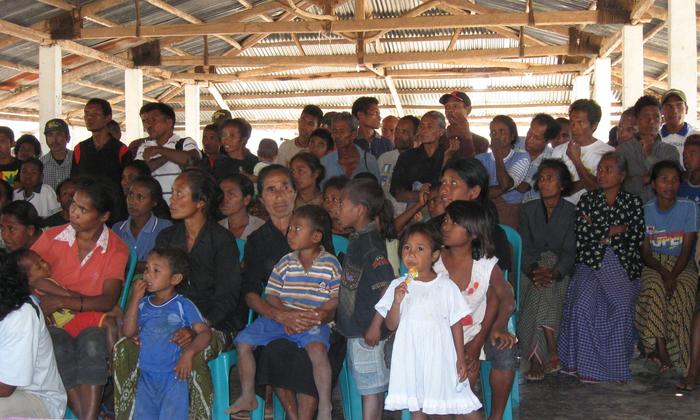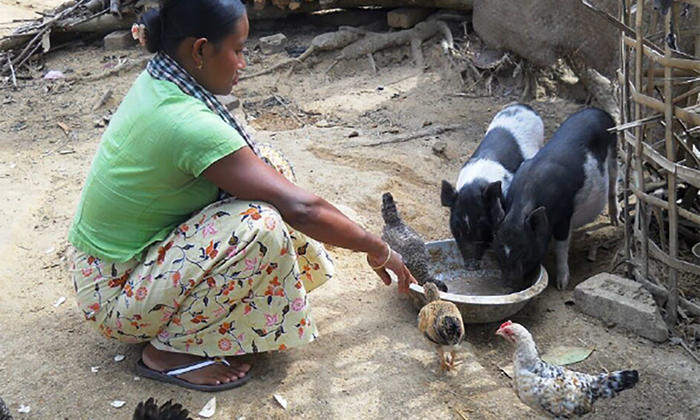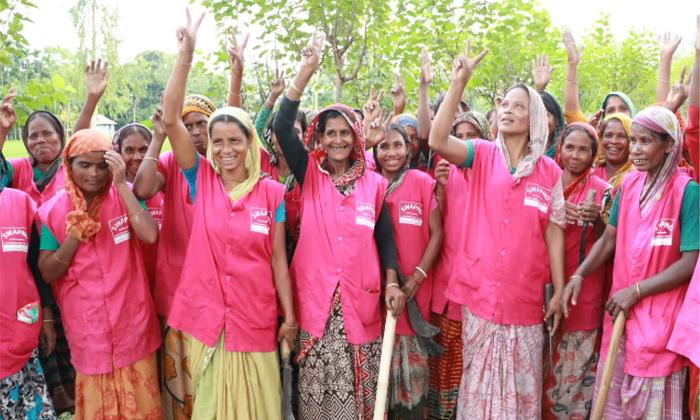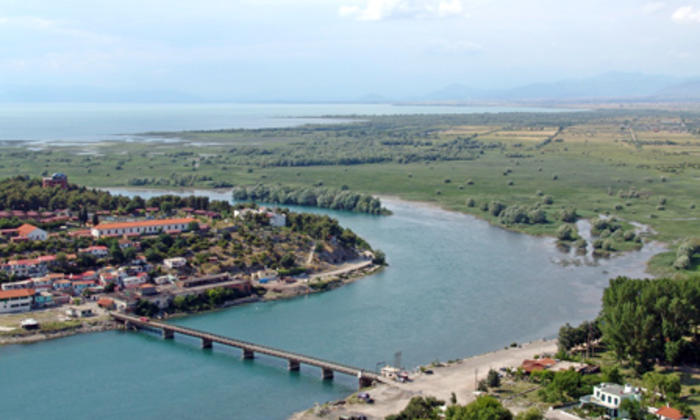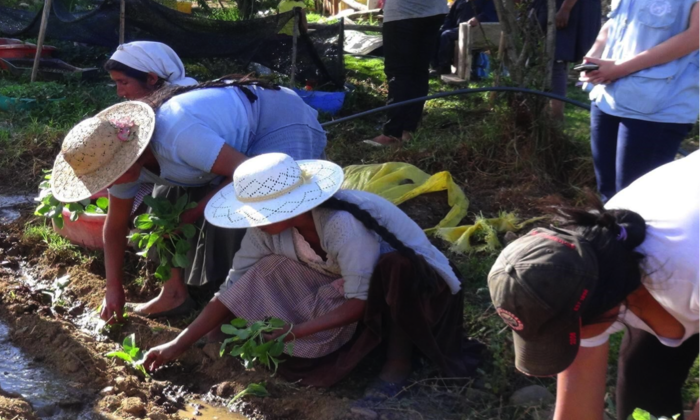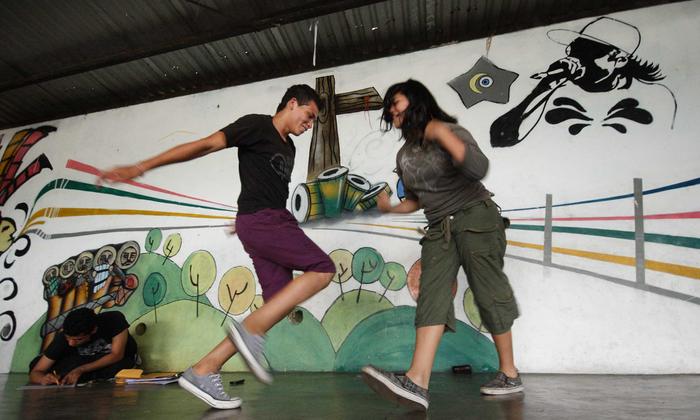Case study
Côte D’Ivoire: Joint Programme on Poverty Reduction in San Pedro Region
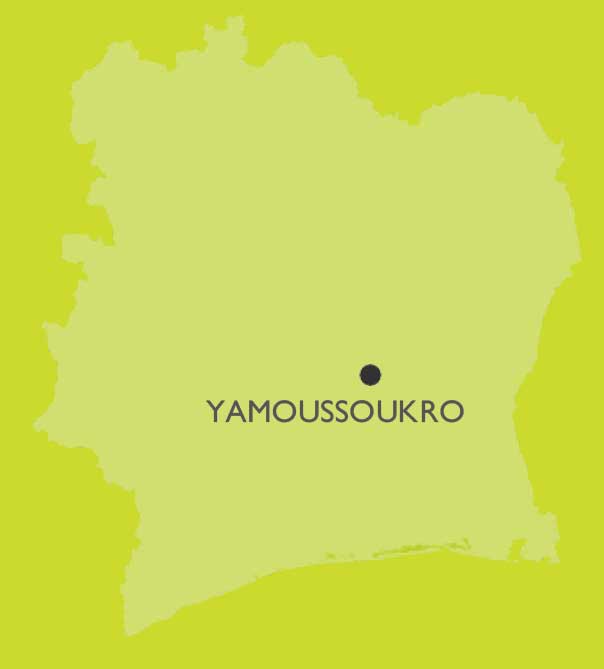
SDGs ADDRESSED
This case study is based on lessons from the joint programme, Joint Programme on poverty reduction in San Pedro region
Read more
Chapters
Project Partners
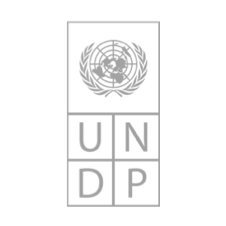
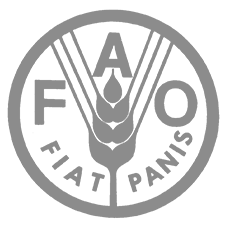
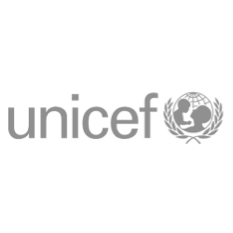
1. SUMMARY
The joint programme implemented in Côte d'Ivoire (in the San Pedro region) aimed to reduce poverty by creating economic opportunities for women and youth, two vulnerable groups dealing with unemployment and social exclusion. The programme improved their access to information about their rights and provided legal assistance. It ensured food security and improved nutrition in the poorest households.
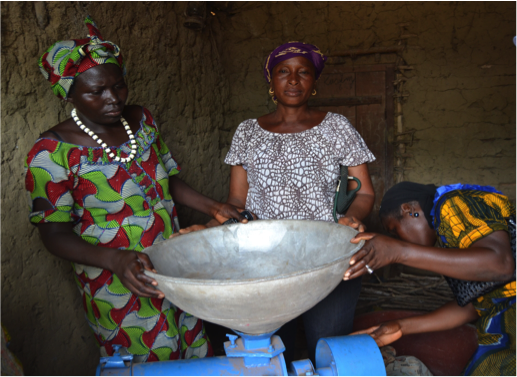
Women beneficiaries from village Debrimou received grinding machine for yuca processing
2. THE SITUATION
Socio-political instability that began in 2002 and the post-election crisis of 2010/2011, followed by an armed conflict, have created insecurity and vulnerability in in Côte d'Ivoire. The collapse of the judicial and prison systems brought more poverty and inequality, and problems with access to basic social services such as civil registration.
The population has increased in last years due to migration, from 15 million in 1998 to more than 24 million by 2017. San Pedro is one of the most vulnerable regions. Despite its great agricultural potential, San Pedro’s growing population, especially women and young people, faces acute unemployment and food insecurity. More than 1 in 3 live below the poverty line, and women in rural areas are most affected. The agriculture sector accounts for 42.5% of the workforce and informal employment accounts for 93.5% of jobs. San Pedro is also affected by low level of civil registration (about 46% of youth under 18 are not registered). This leads to exclusion of youth from civil services and social protection programmes.
Individuals who have limited or no access to basic social services, social protection systems and financial services are also unable to register their income-generating activities. In addition, growing tensions in communities, violence, and lack of information about individual rights especially affect women and minors, putting these vulnerable groups at a disadvantage.
3. STRATEGY
The joint programme strategy promoted collaboration between UN agencies, the national government and local organizations to help the at-risk population meet basic needs. The programme also focused on dialogue between private and public sectors so they can better support local initiatives. The joint programme in Côte d'Ivoire aimed to create economic and employment opportunities for the target group (women and youth) through income-generating activities and local entrepreneurship, food and nutrition security, and access to legal assistance for better economic and social integration.
The joint programme supported producer groups and associations in the development of economic activities and capacity building. Each UN agency brought its comparative advantages and experiences: UNDP supported agriculture, transformation of products and services; UNICEF focused on children and women; and FAO relied on its food and nutrition expertise.
4. RESULTS AND IMPACT
The programme worked toward inclusive growth by creating decent jobs with a critical emphasis on skills training for young people and women. Job creation and empowerment of local communities took place through technical and financial support in sectors ranging from agriculture and education to health care. Two thousand women and youth received support for income-generating activities, allowing them to produce different agricultural products and increase their income. The programme also reached more than 60,000 indirect beneficiaries in the San Pedro region and improved food self-sufficiency of 1,789 people, 61.43% of whom are women.
The programme helped create 916 jobs, of which 494 were for women. Of these, 54% were in the agricultural, fish farming and food processing sectors. As a result, 916 small producers improved their production techniques and cultivation. Technical trainings and better seeds increased rice yields by 6-9 tons per hectare, doubling the amount of rice produced over 3-4 cycles each year. Yields of yuca increased from 5 to 25-30 tons. Access to markets for agricultural producers was improved by rehabilitating 25 kilometers of rural roads. The opening of these roads allowed the population to better access the local market as well as basic social services. In terms of capacity training, 293 young entrepreneurs (115 women) received training on business planning and funding to start commercial activities in livestock farming, marketing of various products and services, and food processing.
Awareness campaign about child labour was conducted to promote changes in norms and perceptions with regards to child labour in the cocoa industry. In total, more than 32,000 people in 54 communities were informed about the harms of child labour (exceeding the target of 5,000) and 295 children were removed from plantation fields. Seven literacy centers were established to accommodate children and also house mother-daughter clubs, benefiting 494 participants.
The joint programme also improved vulnerable groups’ access to information about their rights and access to legal assistance through legal clinics and a community network. These clinics, run by the Association of Women Lawyers of Côte d’Ivoire, provided information on legal aid and services to families, with a focus on women and children at risk of abuse, negligence, violence and exploitation. Free legal assistance ensured access to justice and the restoration of rights of women subjected to sexual violence during the post-election period. Moreover, the centers provided aid to children who could not be registered at the civil status registry within deadlines and could not obtain birth records.
The legal clinic supported 20,000 people, including 10,085 women who received free legal consultations on their economic and civil rights. As a result, 4,466 people received legal documents related to their business activities and 3,515 children got help with obtaining birth records. The programme also supported local government efforts to address the issue of unregistered children. Communication and mobilization activities in nearly 700 localities raised awareness about the importance of civil registration. Community-based mechanisms for registration of births within deadline were implemented in nearly 470 localities. To expand and strengthen civil services, the programme also provided equipment to 623 civil registration services.

5. CHALLENGES
Implementing partners worked according to their own management and financing mechanisms. Different rules, procurement procedures and financial regulations caused some delays and difficulties in service delivery and contract assignment to local providers (the private sector, NGOs). Harmonization of procedures, procurement mechanisms, and financing can improve synergy. Better coordination of joint efforts can also save time and resources related to programme activities.
Some children who were removed from plantations to benefit from the literacy centers left before the programme end. This challenge was mainly due to difficulties related to low technical capacity of vocational literacy centers to provide trainings. Better preparation of instructors is needed to ensure success.
Programme activities involving livestock experienced some difficulties with supply. The cities from which producers buy livestock are very far from the San Pedro region. As a result, transportation of poultry from/to these cities increased the animals’ mortality rates, which reduced the producers’ profits. Another challenge was related to the lack of hatchery in the San Pedro area. Better territory assessment is needed during the joint programme design.
6. LESSONS LEARNED
- Access to information on rights and free legal assistance for vulnerable groups is an important tool to support economic integration, access to justice and promote peace. The programme strengthened the economic status of vulnerable women and youth by improving their knowledge about income-generating issues such as rural land tenure, commercial law, labor law, tax law as well as the operations of civil and juridical administrations. These efforts greatly supported peace-building activities and contributed to poverty reduction.
- Awareness training on child labour in San Pedro region is crucial to promote changes in norms in the cocoa industry. Even though the number of children removed from plantation fields exceeded the planned number, many children remain employed by the industry. More work is needed to ensure better awareness of villages and communities. Support systems should be put in place for reintegration of children in families and communities.
- Joint implementation with national and local governments increases national ownership and ensures sustainability of results. Involving stakeholders—such as including programme beneficiaries in the programme’s design and implementation—creates a participatory approach, strengthens national capacities and helps create activities based on their specific needs.
- It is important to establish public-private partnerships to promote employment and services for vulnerable populations. Networks and committees can support better coordination, planning and programming to promote employment and address sustainable development.
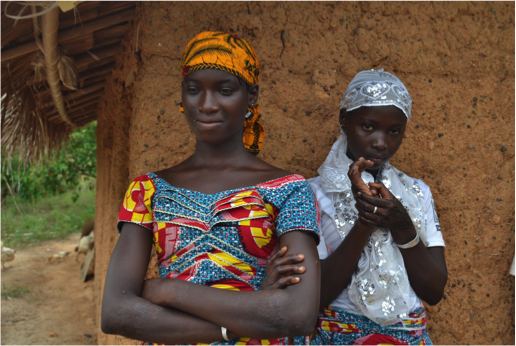
Women beneficiaries received free legal assistance to esnure access to justice and the restoration of rights subjected to sexual violence
7. SUSTAINABILITY AND POTENTIAL FOR REPLICATION
The programme helped several thousand direct beneficiaries and many more indirectly through technical assistance and capacity trainings. The results showed that the programme can support economic empowerment of women and youth, ensure food and nutrition security and promote peace. Establishing local committees that can follow up on the programme’s activities will ensure sustainability in the long-term and increase local ownership. This positive impact can be replicated and scaled up in other regions of Côte d'Ivoire to support women and youth and reduce poverty.
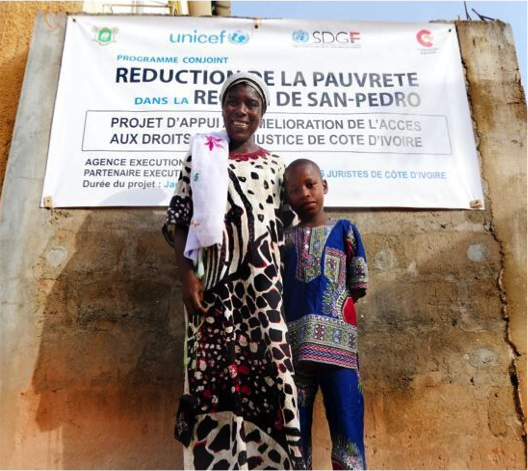
Thanks to legal support provided by the programme, Adama (8) and his mother were able to obtain a birth certificate or him in order to attend the school

